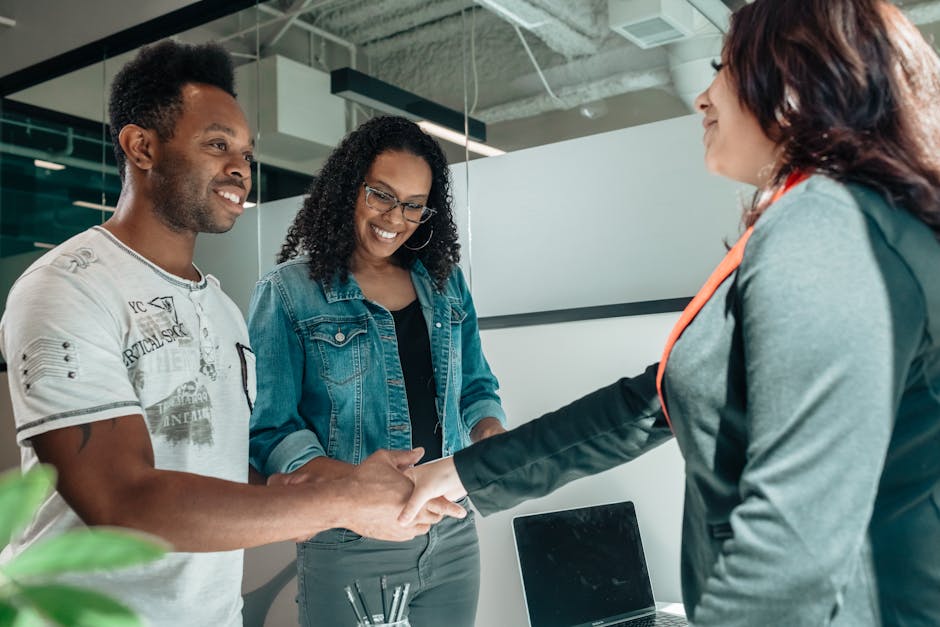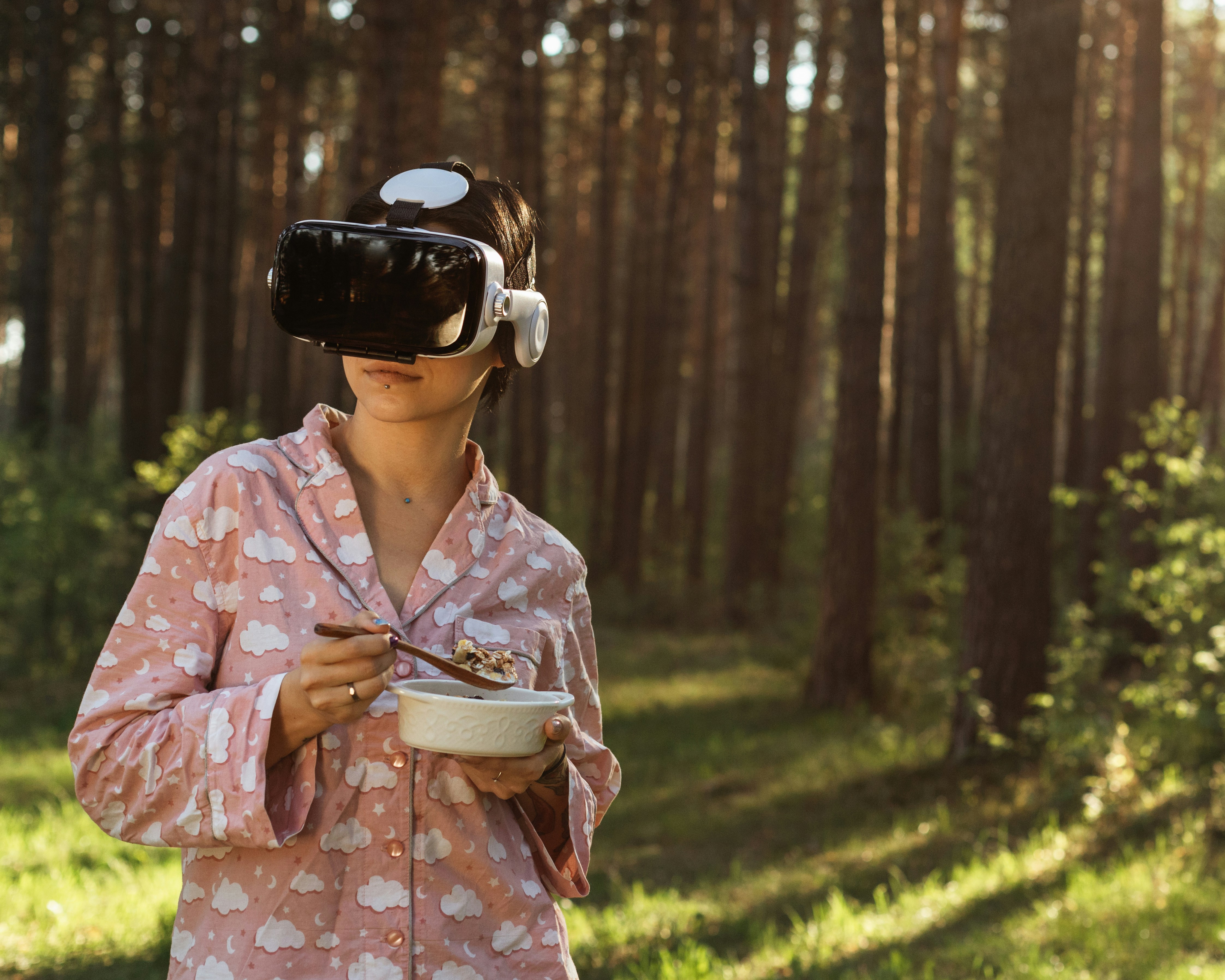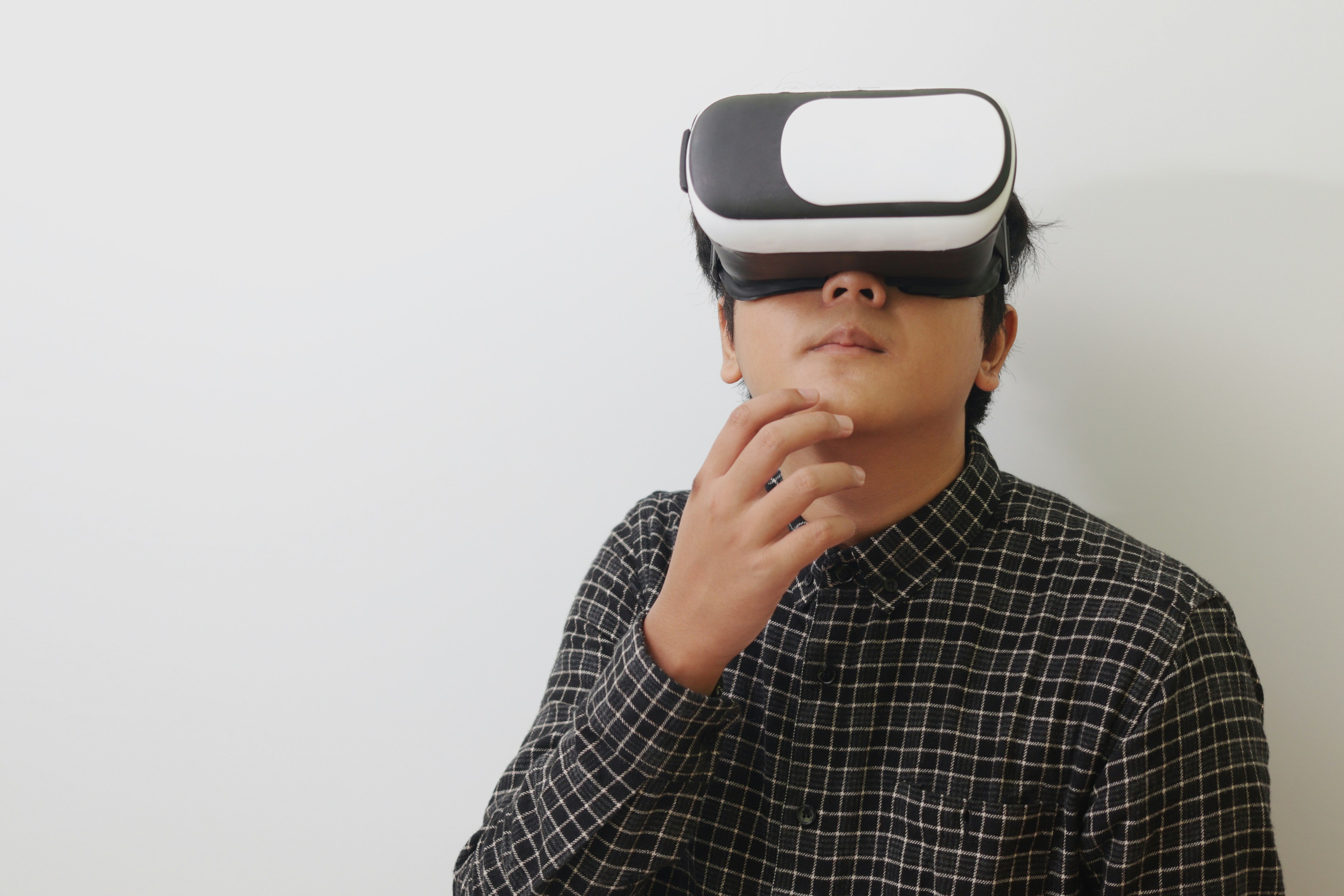The Legal Implications of AI Co-Creators: Ownership & Responsibility
In today’s digital landscape, the advent of artificial intelligence (AI) has revolutionized how content is created, blurring the lines between human creativity and machine-generated output. As AI co-creators become prevalent, understanding the legal implications surrounding ownership and responsibility in collaborative digital content creation is crucial. For writers, artists, and digital creators, navigating this evolving landscape can feel overwhelming. How does one maintain ownership of their creations when AI plays a significant role? This article explores these challenges and offers insights to ensure that creators remain protected and informed.
The Rise of AI Co-Creators

With the exponential growth of AI technologies, platforms like OpenAI's ChatGPT and other generative AI tools have made it easier than ever for anyone to produce high-quality content in record time. These tools can create videos, write articles, compose music, and even design graphics, leading creators to ask: “How much of my work is still my own?”
One of the most pressing concerns is copyright and intellectual property law, which have not fully kept pace with this rapid change. Classical copyright laws primarily apply to human creators. Therefore, when an AI co-creator is involved, questions arise about who owns the end product. As we delve deeper into this topic, we must consider current legal frameworks, challenges, and best practices.
Understanding Copyright Fundamentals

Copyright grants the creator exclusive rights to use their creation and control aspects such as reproduction, distribution, and public display. Traditionally, these rights apply to original works made by individuals. However, as AI generates content that can be considered "original," the grounds for copyright claims shift, creating a potential quagmire for creators.
To illustrate, suppose an author utilizes an AI tool to generate an initial draft of a novel. If that draft forms the backbone of a final manuscript, can the author claim sole ownership, or must they share it with the AI developers? Is the text truly “original” if derived from machine algorithms processing existing data?
Navigating Ownership Challenge

Navigating ownership in the context of AI-created content is complex. Four notable scenarios can arise:
-
Human-Generated Content with AI Assistance: Here, the human creator can usually claim full ownership, assuming the AI merely functions as a tool—like a word processor. However, if the AI actively influences the creation, gray areas appear.
-
Joint Works: If an AI generates content independently, some argue that the human has limited rights. Ownership disputes may ensue if AI-generated works are seen as joint authorship—a term that implies shared creative contributions.
-
Pre-existing Materials: When AI draws on existing works (like remixing), copyright laws may enforce a claim against the human user, aligning more with the original authors.
-
Commercial Use Scenarios: Using AI to create content for profit introduces additional complexities regarding licensing agreements and commercial exploitation.
As IP lawyer Karen J. J. Meyer notes, “The challenge lies in merging creativity with the evolving nature of technology. How do we protect creators when the rules still need to be outlined clearly?”
To safeguard their work, creators should keep clear documentation of their processes, showcasing how they incorporate AI and clarifying their ownership claims.
Misusing AI: Liability & Responsibility

As creators embrace AI tools, it is vital to understand the potential legal liabilities. The question of responsibility arises when AI-generated content may infringe on the intellectual property rights of others or potentially lead to defamatory content.
Falsely Represented Information and Defamation

AI-generated content is only as credible as the data fed into it. If it learns from biased or incorrect sources, it could generate misleading or defamatory content, burdening the human user with legal liability.
For instance, let's say an AI generates an article that contains false statements about a public figure. The creator may be held responsible for publishing that content, leading to potential lawsuits. Consequently, the need for effective quality control becomes paramount.
Compliance and Regulations

As AI technology continues to evolve, governments are increasingly scrutinizing its use in content creation. As of 2025, jurisdictions like the European Union and the United States are working on regulations that address AI, including data privacy laws and ethical considerations.
Harvard Business Review emphasizes the importance of staying informed about these changes. Understanding how compliance with such laws impacts content creation will be fundamental for creators looking to uphold their responsibilities while navigating the AI landscape.
Best Practices for AI Content Creators

To responsibly use AI in content creation while protecting intellectual property and abiding by the law, creators should implement a few best practices:
-
Documentation: Keep meticulous records of input and output. Document how AI contributes to your work and create a clear distinction in your role.
-
Review AI-generated Content: Always proof and fact-check AI content before publishing. This not only protects you legally but also ensures quality and accuracy.
-
Seek Legal Guidance: When in doubt, consult with a legal expert specializing in IP law and emerging technologies to clarify ownership and liability concerns.
-
Embrace Collaboration: Treat AI as a collaborator, clearly defining the extent of its influence, which can strengthen your claim to ownership.
-
Stay Updated on Regulations: Regularly review updates on legal frameworks surrounding AI and copyright, ensuring your methods remain compliant.
Training AI Responsibly

With the responsibility of creating content also comes the ethical obligation to train AI responsibly. AI systems learn from vast datasets—often including both valuable knowledge and problematic biases. Therefore, ensuring that training data is diverse, fair, and respectful becomes a collective responsibility of the creator community.
Efforts to combat misinformation, hate speech, and biases in AI outputs are growing, leading to calls for ethical guidelines. Organizations like the Partnership on AI are working to develop these standards, emphasizing transparency and accountability in AI development, usage, and deployment.
The Future of AI in Content Creation

As we anticipate the future, AI will continue to reshape various creative fields, leading to innovative partnerships between humans and machines. However, amidst this advancement, the essential questions of ownership, rights, and legal implications will remain critical discussions for creators.
Legal frameworks may adapt to accommodate these changes in technology, possibly resulting in new forms of copyright protection tailored to AI contributions. Creators must remain proactive—advocating for clarity, intelligence, and mutual respect within collaborations.
Final Thoughts

Navigating the intricacies of AI co-creators is no small task, but understanding legal implications surrounding ownership and responsibility helps foster a healthier ecosystem for digital content creation. By documenting processes, staying informed about laws, and maintaining ethical practices, creators can confidently leverage AI to amplify their work while protecting their rights.
As we embrace this new age of collaboration, it’s vital for creators to harmonize their visions with technology, ensuring that innovation comes without sacrificing ownership. So, whether drafting the next big novel with an AI assistant or designing artwork, empower yourself with knowledge, and navigate the future of content creation confidently.



